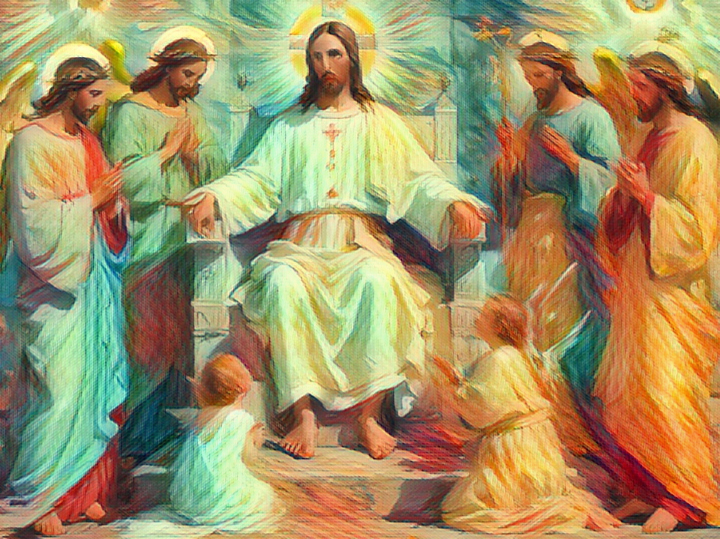I had a go at explaining the place of the quotation from Psalm 102 as an apparent address to Christ as YHWH in a recent post on the “Is Jesus Yahweh?” debate between James White and Dale Tuggy, but I’m not sure I got it quite right. So I’m going to try again, at least in outline—I won’t repeat all the detail.
I came across this intriguing perspective on Jesus’ parable of the good Samaritan in an article by Amy-Jill Levine in the Biblical Archaeology Review (2012). She dismisses a number of what she regards as misinterpretations of the parable of the Good Samaritan and comes to this conclusion: ()
I wrote most of this on a flight back from Doha on Christmas Eve. My wife has been at COP 28 in Dubai and at hydrogen conferences in Oman and Qatar—so plenty of opportunities to reflect on climate change from a very different angle. ()
I won’t have time to write anything else this week, so here I’ve written up what started as a response to some further comments made by Edward Babinski regarding Paul’s supposed belief in an imminent “final cosmic judgment.”
Babinski argues that the belief was prevalent in second temple… ( | 2 comments)
The latest issue of The Bulletin for Biblical Research (33.3, 2023) has my article on the subjection of the creature or created material to the futility of idolatry. It’s an argument that I made here in outline a few years ago. ()
In his 2016 NIGTC commentary on Romans, Richard Longenecker provides a summary of what he regards as the key themes that Paul “considered distinctive to his own proclamation of the Christian gospel” (1045-46). They strike me, for the most part, as being expressive of a Reformed outlook. I have… ( | 4 comments)
The way I see it, Paul’s letter to the Romans is like a stage with three vast backdrop cloths hanging one in front of the other.
The largest cloth depicts the creational presuppositions of the letter: God is the creator of all things and cannot be worshipped in the form of created objects;… ( | 1 comment)
Romans 14 is usually read as a new section dealing with disagreements within the community over such matters as diet and observance of holy days. There is, however, an immediate and decisive eschatological aspect to the discussion:
Who are you to pass judgment on the servant of another? It is… ()

Recent discussion